What you’ll learn:
- Weight loss gummies are chewable supplements that claim to burn fat or curb appetite.
- Weight loss gummies rely on marketing claims instead of clinical research, unlike prescription medications that are tested for safety and effectiveness.
- Weight loss gummies have no solid scientific evidence showing they lead to meaningful or lasting weight loss.
Walk down any pharmacy aisle or scroll through social media, and you’ll find them—bright, candy-colored gummies promising to burn fat, curb cravings, and deliver effortless results. They look harmless enough, and for many people, the idea of “losing weight with a gummy” sounds a lot more appealing than weekly injections or strict diets.
With the popularity of GLP-1 medications like Wegovy® and Zepbound® reshaping how people think about weight management, gummies are being marketed as the simpler, cheaper alternative. But how much truth is behind those promises? Can a chewy vitamin really replace proven weight loss medications or lifestyle changes?
As weight loss trends evolve, it’s easy to get swept up in marketing that sounds scientific but skips over the fine print. Let’s take a closer look at what’s really inside these gummies, what science says about their ingredients, and how they compare to evidence-based approaches to weight management.
What are weight loss gummies?
Weight loss gummies are chewable dietary supplements that claim to help with fat loss, appetite control, or metabolism support—sometimes all three! You’ll find them almost everywhere—from pharmacy aisles and grocery stores to TikTok ads and influencer “favorites” lists.
According to Nutrition Business Journal’s 2025 Supplement Business Report, gummy supplements now make up nearly 25% of all supplement sales, a sign of just how much people gravitate toward them. Some of the most popular gummies are apple cider vinegar, keto, CBD, and various herbal blends.
Weight loss gummies: Analyzing the weight loss claims
Most of these are marketed as “natural” or “easy” alternatives to pills and injections. It’s important to remember that, since they are supplements, gummies are not tested or approved by the FDA before hitting the shelves. That means brands can make claims about boosting metabolism or burning fat without having to prove them through clinical research first.
Do they work? Remember the old adage, If it sounds too good to be true, it probably is? Weight loss gummies rely on clever marketing, not clinical evidence. Here’s what science really says about the most popular kinds:
Apple cider vinegar gummies
Apple cider vinegar (ACV) gummies are marketed as a way to boost metabolism, gut health, and support digestion—all benefits originally linked to liquid ACV. Some studies suggest ACV may help with fullness and appetite control by slowing digestion, while also supporting blood sugar balance and insulin sensitivity.
What are the ingredients: ACV gummies typically contain around 500 mg of ACV powder per serving, along with ingredients like beetroot and pomegranate powder, B vitamins (such as B6, B12, and folate), and sometimes iodine. They’re usually made with tapioca or maltose syrup, cane sugar, pectin, citric acid, and natural flavors to improve taste and texture, giving them their candy-like appeal.
Do apple cider vinegar gummies help with weight loss?
No current studies support weight loss from apple cider vinegar (ACV) gummies. Studies on liquid ACV show only modest reductions in body weight and BMI, typically at doses around 30 mL per day for up to 12 weeks. As mentioned earlier, most ACV gummies contain about 500 mg of ACV powder per serving—far below the amounts used in clinical research, so they’re unlikely to help with meaningful weight loss.
Keto gummies
Keto gummies are promoted as an easy way to stay in ketosis and support fat burning without following a strict low-carb diet. Ketosis is the state your body enters when it runs low on carbs and starts burning fat for fuel instead. The idea is that these gummies can help your body make or use ketones, the fuel created during fat burning, so you can get the benefits of ketosis, like more energy and fewer cravings, without having to completely cut out carbs.
The ingredients: Most keto gummies combine what’s called exogenous ketones, like beta-hydroxybutyrate (BHB) salts, with extras such as apple cider vinegar, fruit powders, and B vitamins. These supplements are designed to mimic the ketones your body naturally produces during ketosis, temporarily raising blood ketone levels. Some also include minerals like chromium or electrolytes for “energy support,” and they’re usually sweetened with stevia or sugar alcohols to keep them low in carbs.
Do keto gummies work for weight loss?
No studies back up keto gummies for weight loss, and many have even been flagged as scams. The FTC has issued multiple warnings about fake keto products that use unauthorized celebrity endorsements or edited “Shark Tank” appearances to sell their gummies online. These products can’t actually trigger ketosis—your body only reaches that fat-burning state through metabolic changes like carb restriction, fasting, or intense exercise.
CBD gummies
CBD gummies are made with cannabidiol (CBD), a natural compound found in hemp that’s known for its calming effects. They don’t get you high like THC products. The “high” people associate with cannabis comes from THC, another compound that’s only present in tiny, legal amounts in hemp products sold in the US. A study suggests these compounds may influence the body’s CB1 receptors, which play a role in metabolism and appetite.
The ingredients: Most include 10–50 mg of hemp-derived CBD extract per gummy, along with fruit juice flavoring, natural sweeteners, and pectin or gelatin for texture. Some formulas also include herbal add-ins like ginger or chamomile.
Do CBD gummies help with weight loss?
Early research on CBD shows it may help reduce stress or improve sleep, which may indirectly support weight loss. But there’s not enough evidence that CBD causes fat loss, and the amount found in most gummies is far below what’s been studied for therapeutic use.
Herbal blends
Herbal blend gummies are marketed as a more natural, plant-based way to support weight loss. They’re often described as helping to “boost metabolism,” “burn fat,” or “support detox,” all while sounding gentler than prescription options. Some brands even frame them as everyday wellness boosters, promising better digestion, more energy, and fewer cravings, all from a few fruity chews a day.
The ingredients: Most herbal blend gummies include a mix of plant-based extracts and vitamins often tied to metabolism, energy, or stress balance. Common ingredients include green tea extract, garcinia cambogia, berberine, turmeric, Ceylon cinnamon, ashwagandha, and black pepper.
Do herbal blend gummies work for weight loss?
While these gummies sound promising, there’s little solid evidence that they deliver real weight loss results. Even though some of their ingredients—like green tea extract or berberine—have shown mild effects in studies when taken in higher doses or different forms, those results don’t necessarily apply to gummies. The amounts in gummies are often much smaller, and it’s unclear how well your body can absorb the active ingredients from them.
- Berberine is sometimes called “nature’s Ozempic,” but oral absorption is poor, and gummies haven’t been proven effective.
- Green tea extract and garcinia cambogia have mixed or even disproven results, and may carry safety concerns such as liver toxicity.
Other types of weight loss gummies you’ll see:
According to the National Institutes of Health (NIH), many ingredients found in dietary supplements, like gummies for weight loss, don’t have strong evidence behind them. Here’s what the research says about some of the most common ones:
- Caffeine: Can temporarily boost energy and calorie burn, but the effect fades if your body builds tolerance.
- Green coffee bean extract: Might cause small, short-term weight changes, though results are modest.
- White kidney bean extract: Claimed to “block carbs,” but only leads to minimal fat loss and may cause bloating.
- Probiotics: May help with digestion, but studies haven’t shown consistent results for weight loss.
- Raspberry ketones: Marketed as fat burners, but there’s no proof they actually reduce body fat.
- Vitamin D: Important for overall health, though it doesn’t directly influence weight.
- Yohimbe: Promoted for fat burning, but can be unsafe, especially at higher doses, as it may raise blood pressure and cause serious side effects.
In short, while these gummies sound natural and harmless, their claims don’t hold up under scientific scrutiny. And even if an ingredient shows promise in research, the gummy delivery method may not be able to provide the doses or bioavailability needed to match what worked in studies.
Are weight loss gummies safe?
As we’ve mentioned earlier, weight loss gummies don’t go through years of clinical research and FDA reviews before hitting the market. That means labels might not always match what’s inside, and side effects can vary depending on the ingredients in each brand.
Here’s what to know about some of the most common weight loss ingredients and their safety:
- Apple cider vinegar (ACV): Can cause stomach upset, tooth erosion, and worsening of GERD, especially if taken too often or in large amounts.
- Green tea extract: Concentrated extracts can cause constipation, nausea, stomach discomfort, or, in rare cases, raise blood pressure and affect liver health.
- Green coffee bean extract: Linked to headaches or urinary tract infections in some people.
- BHB salts and MCT oil (in keto gummies): Usually well tolerated in small amounts, but too much can cause vomiting, nausea, or stomach discomfort. Long-term safety hasn’t been well studied.
- Garcinia cambogia: May cause nausea, headaches, digestive issues, or, in rare cases, liver damage and mood changes such as mania.
- Caffeine: Can lead to a fast heartbeat, jitteriness, restlessness, or vomiting, especially in people sensitive to stimulants.
The FTC and FDA have both issued warnings to consumers about weight loss scams and supplements with unlisted ingredients. Just because a supplement is “natural” doesn’t mean it’s harmless. If you experience unusual symptoms or if something feels off, stop taking it and check in with your healthcare provider right away.
Rx weight loss, the right way, with Noom
Get access to prescription weight loss medication with Noom.Weight loss gummies vs. medications: What’s the difference?
At first glance, weight loss gummies and prescription medications might seem to promise the same thing—an aid to weight loss. But the similarities stop there. The biggest difference lies in the science. Prescription medications must prove their safety and effectiveness in clinical trials, while gummies can be sold without that kind of testing or approval.
Here’s a quick look at how the two compare:
| Category | Weight loss gummies | Proven medications (like GLP-1s) |
|---|---|---|
| Approval process | Not FDA-approved or tested before sale | FDA-approved after years of clinical trials |
| Evidence for weight loss | Minimal or no clinical evidence | Strong, consistent evidence for effectiveness |
| How they work | Often rely on vague “metabolism boost” or “appetite control” claims | Target appetite, blood sugar, or digestion mechanisms backed by clinical research |
| Safety oversight | Limited; quality and ingredients can vary | Strict safety monitoring and physician supervision |
| Results timeline | Usually little to no measurable change | Noticeable progress within weeks to months |
| Cost | Usually $10–$40 per bottle | Varies by medication and insurance coverage; pricier |
| Access | Sold online or in stores; no prescription needed | Requires medical evaluation and prescription |
Weight loss gummies: Cost, accessibility, and marketing hype
Viral marketing and budget-friendly pricing have made gummies one of the most visible “wellness” products today. Even if the results don’t live up to the promises, their convenience and appeal are hard to ignore.
Here’s why so many people still reach for them:
- They’re affordable and convenient. Most bottles cost between $10 and $40, available at grocery stores, pharmacies, and online. That’s a fraction of what prescription medications like Wegovy® or Zepbound® can cost—often $1,000 or more per month without insurance. There’s also no need for doctor visits, prescriptions, or follow-ups, which adds to their appeal even when results are limited.
- They look and taste good. Unlike pills or injections, gummies feel more like a treat than a treatment. Their candy-like flavors make them easy to stick with, even if they don’t actually do much.
- They’re heavily marketed on social media. Many brands use influencer videos, viral trends, and before-and-after photos to make their products look “clinically proven,” even when there’s no supporting evidence.
- They play into “quick fix” thinking. The promise of effortless results—“burn fat while you sleep” or “lose 10 pounds in a week”—is designed to sound easier than building new habits or talking with a healthcare provider.
- They blur the line between wellness and medicine. Phrases like “doctor-formulated,” “science-backed,” or “metabolism support” make supplements sound more official than they really are. However, without FDA review, those terms don’t guarantee safety or effectiveness.
Proven approaches to weight management still come from combining healthy habits, medical guidance, and evidence-based tools that support long-term change.
The bottom line: Weight loss gummies aren’t effective
When it comes to weight loss gummies, the truth is less exciting than the marketing. They promise transformation in a chewable form, but science tells a different story—there’s no strong evidence they actually help people lose weight or keep it off.
That doesn’t mean your goals are out of reach; it just means real progress takes a different approach. Safe, sustainable weight loss comes from building healthy habits and staying consistent over time. Those may not sound flashy, but they’re what actually work.
If you’re interested in exploring weight loss medication, see if you qualify for Noom Med. You’ll be connected with a clinician who can evaluate your health, explore medication options, prescribe them if appropriate, and guide you toward lasting, healthy results.
Why you can trust us
At Noom, we’re committed to providing health information that’s grounded in reliable science and expert review. Our content is created with the support of qualified professionals and based on well-established research from trusted medical and scientific organizations. Learn more about the experts behind our content on our Health Expert Team page.






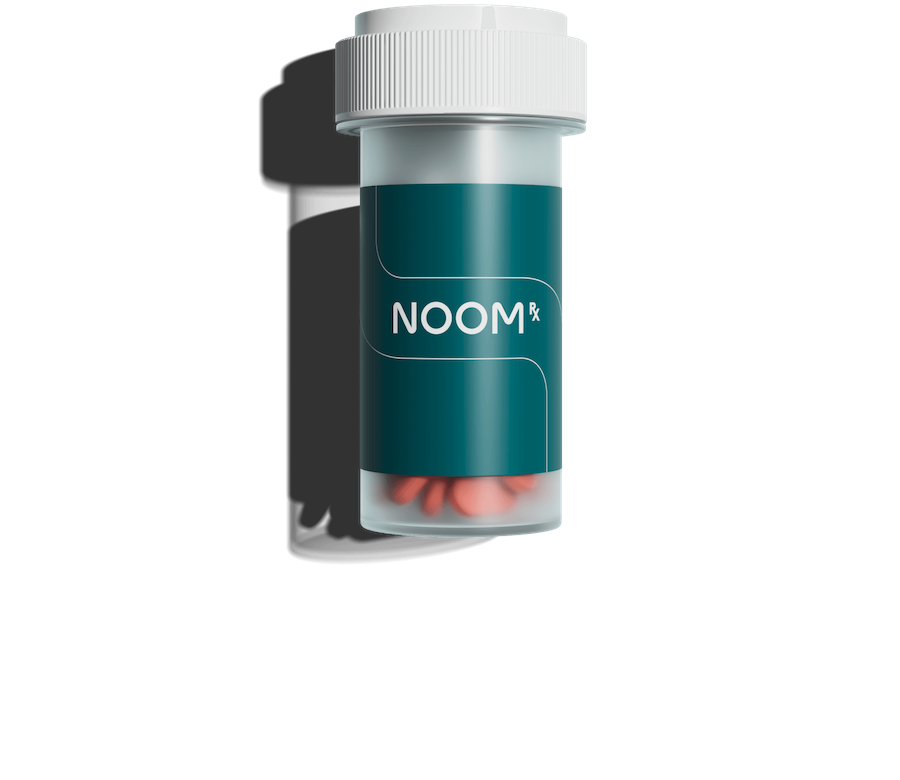
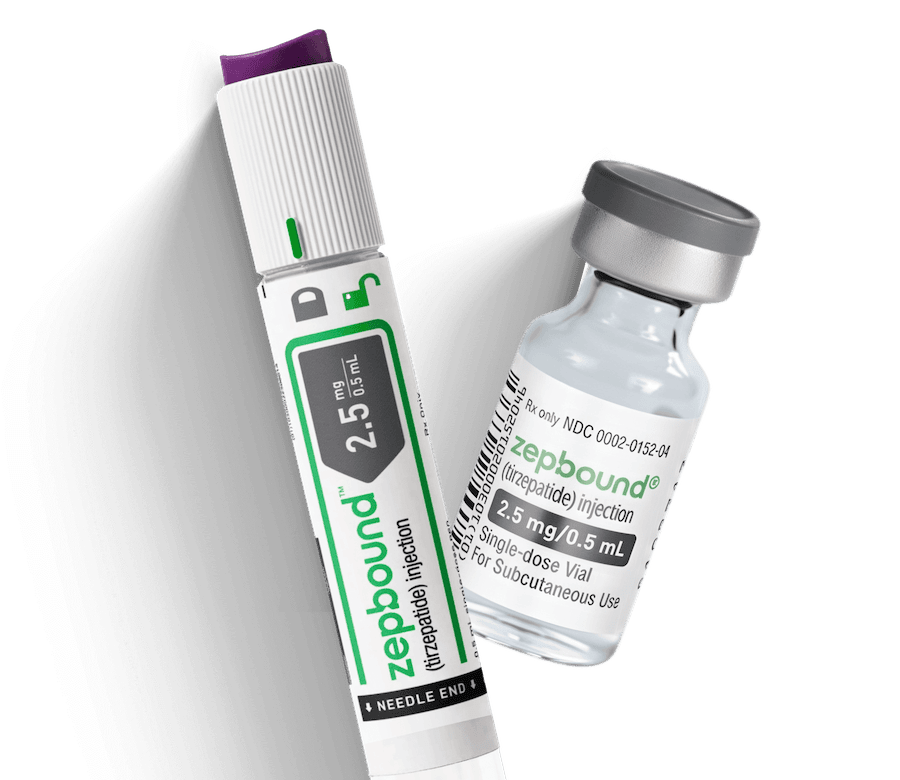
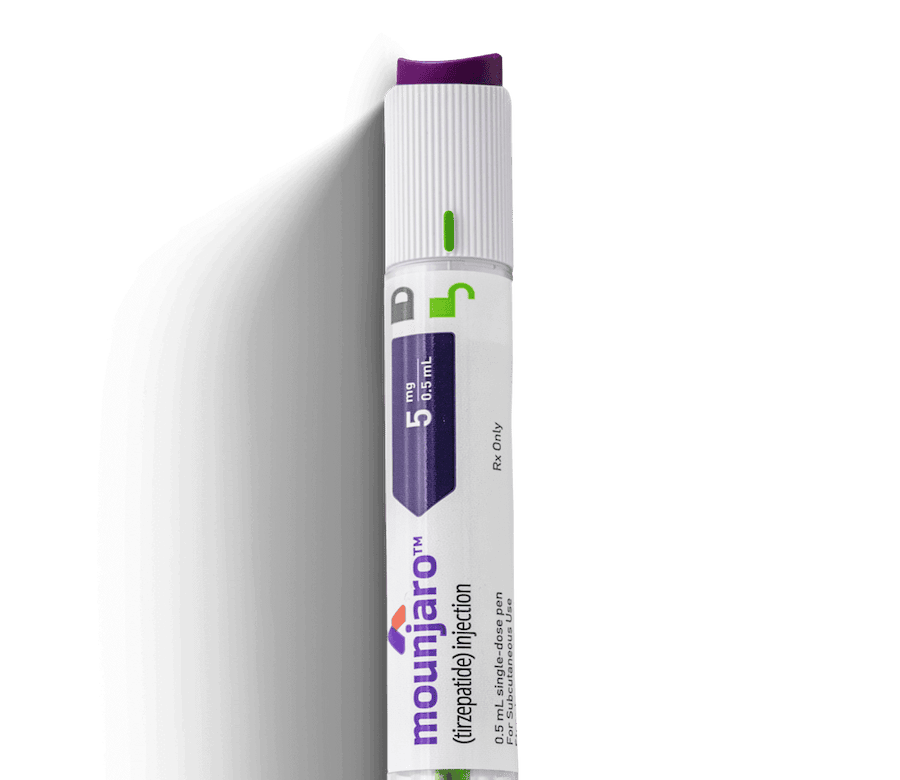




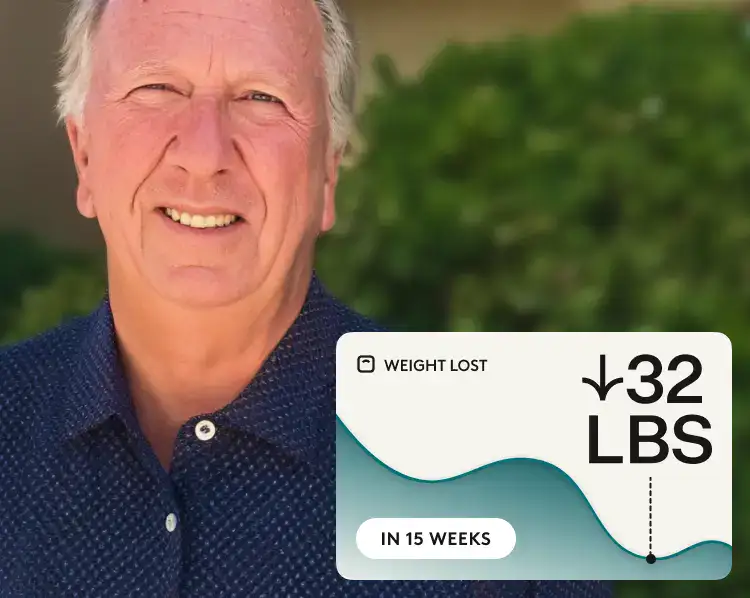








 Noom Team
Noom Team
 Shoshana Fishbein
Shoshana Fishbein

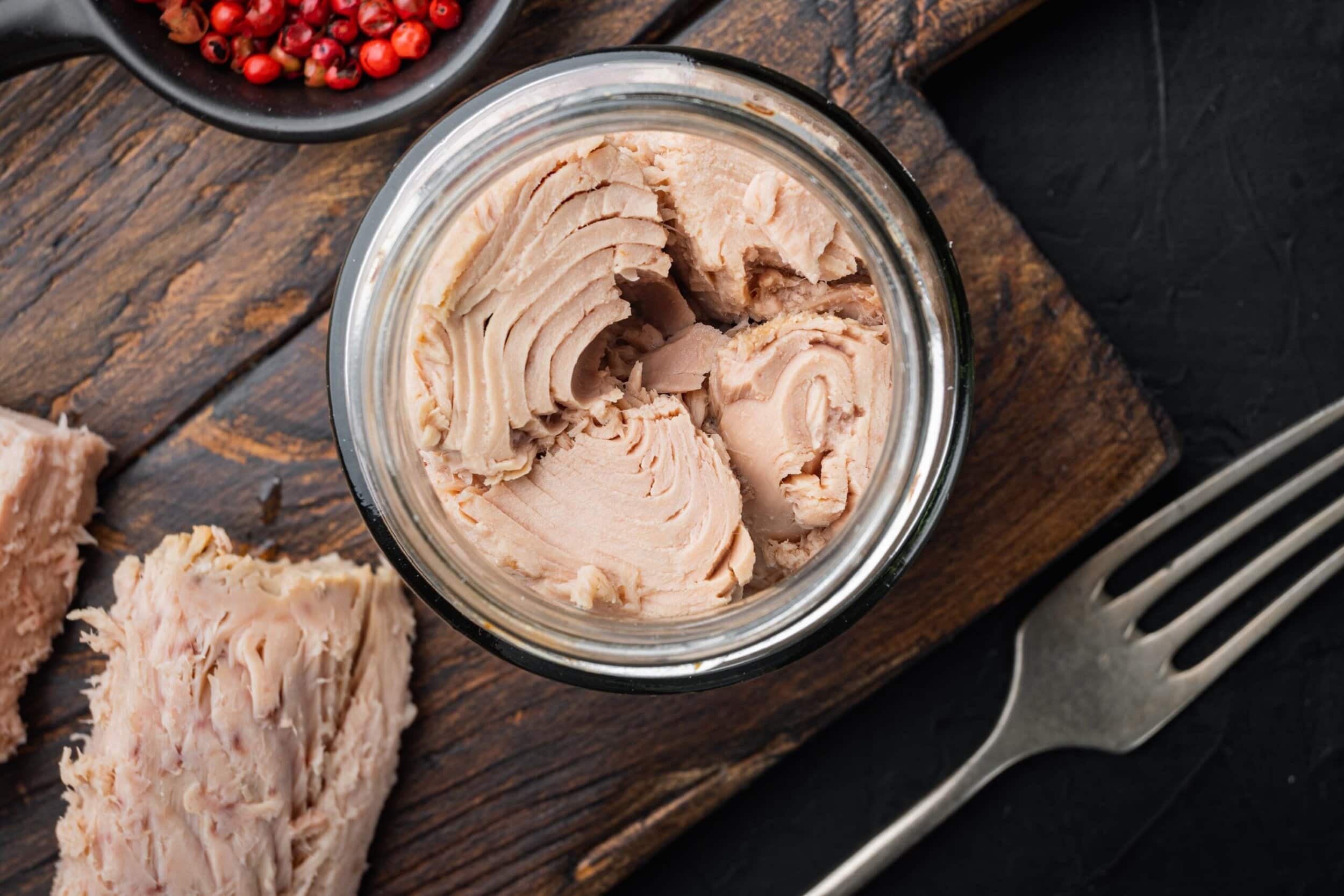
 Meaghan Cameron
Meaghan Cameron
